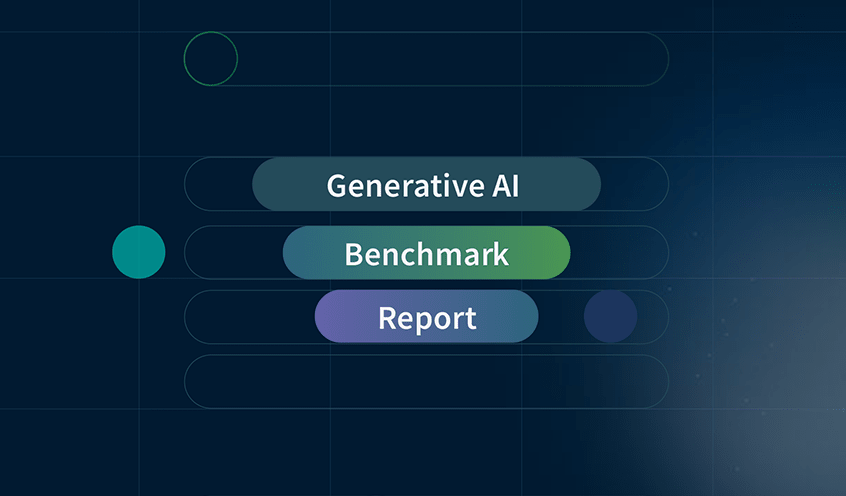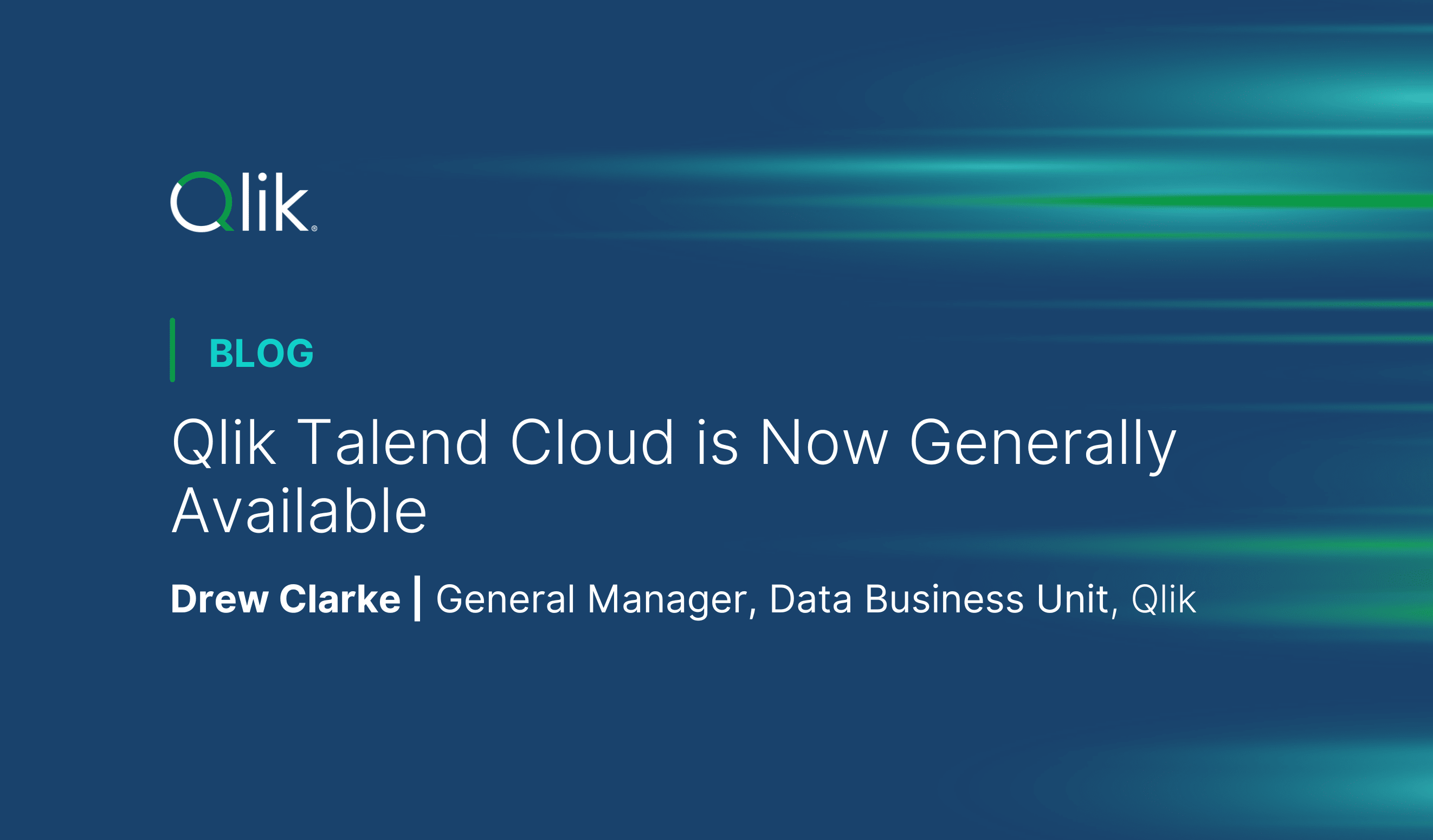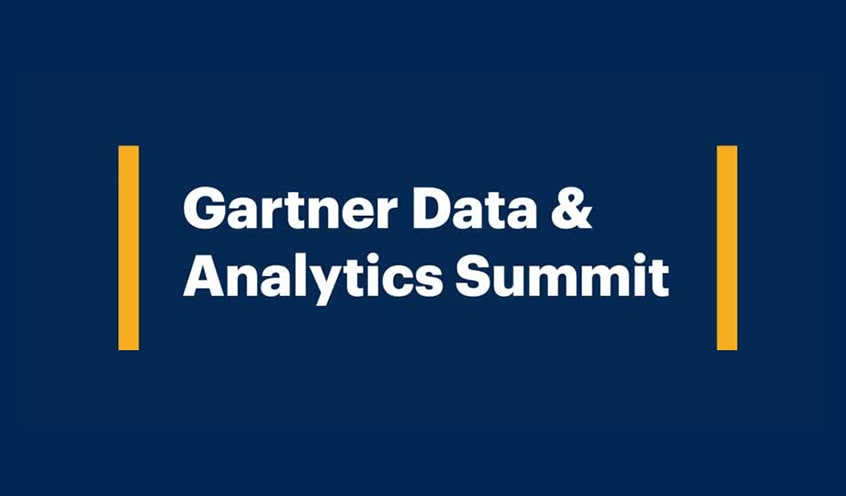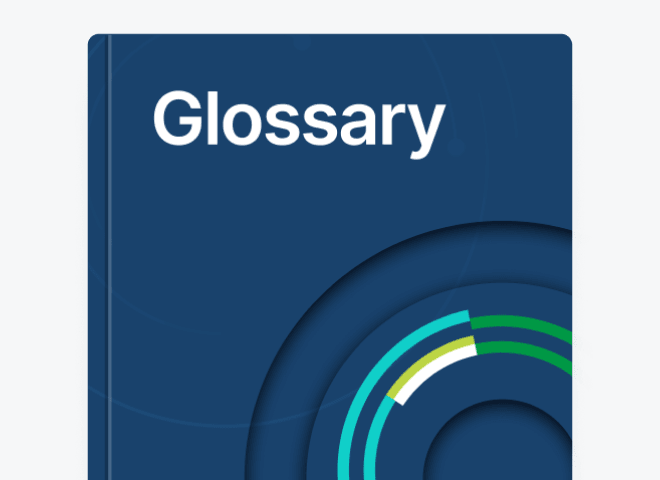- Why Qlik?Back
- ProductsBack
- Data IntegrationBack
- AnalyticsBack
- AI/ML
- All ProductsBack
All Data Integration and Quality Products
All Analytics Products
- Data Integration
- SolutionsBack
- Pricing
- LearnBack
- BlogBack
- Topics and TrendsBack
- Customer StoriesBack
- Events
- Resource LibraryBack
- GlossaryBack
- Community
- TrainingBack
- Blog
All Data Integration and Quality Products
All Analytics Products
















































